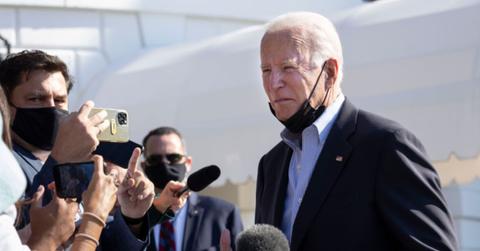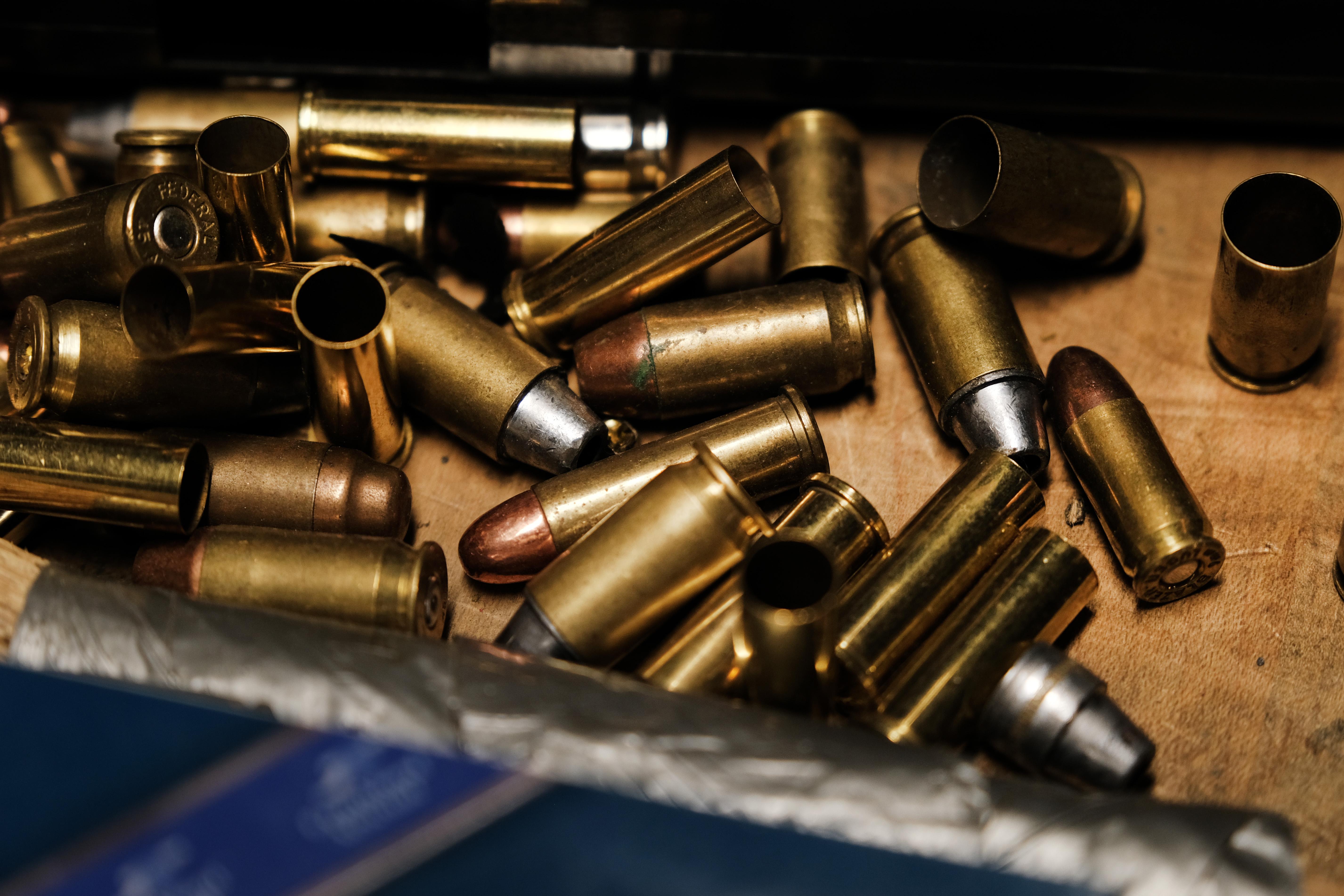Is Biden Banning Ammo? What the Ammunition Ban Really Means
The Biden administration has imposed new sanctions against Russia that will impact imports of firearms and ammunition from the nation.
Sept. 7 2021, Published 12:20 p.m. ET

President Joe Biden and the current administration have stated their goal to reduce gun violence in the U.S. However, many citizens, especially those who are gun owners and proponents of the National Rifle Association, believe that means he is fully anti-gun.
On Aug. 20, the U.S. Department of the State announced forthcoming sanctions against Russia that are causing people to claim that Biden is banning ammunition. What exactly has been banned, and what do the new sanctions mean for the U.S., gun owners, and firearm companies?
U.S. ammunition sanctions against Russia
The U.S. is imposing new sanctions against Russia based on the Chemical and Biological Weapons Control and Warfare Elimination Act of 1991, or the CBW Act. The new restrictions go into effect on Sep. 7, 2021, and are to remain in effect for at least 12 months.

The State Department’s fact sheet on the matter states that the executive branch will have the power to lift these sanctions after 12 months only if Russia has met the conditions set forth in the CBW Act.
The reason for the new round of sanctions is the Russian Federation’s poisoning of opponent Aleksey Navalny with a nerve agent, “Novichok."
What type of ammunition is being banned?
There are two primary additions to the sanctions against the Russian Federation as of Sep. 7. Permanent imports of certain Russian firearms are being restricted, so any new or pending applications to import either firearms or ammunition will be denied automatically. It appears that current importation licenses will remain in effect until their stated expiration.
Part two of the new sanctions include “restrictions on nuclear and missile-related goods and technology pursuant to the Export Control Reform Act of 2018.”
The conditions for lifting the sanctions include Russia’s assurance it won’t use chemical weapons in violation of international law, and that it's not preparing to do so in the future. It also must allow international inspectors to verify their claims. Restitution to Navalny by the Russian Federation is another condition for the sanctions to be lifted.
What the Russian ammunition sanctions mean
The sanctions against Russian firearms and ammunition may be lifted by the U.S. president after 12 months. According to GunsandAmmo.com, these restrictions will “have an overall negative effect on the unstable ammunition market.”
The NRA’s Institute for Legislative Action (NRA-ILA) stated that the new sanctions could punish gun owners and businesses in the U.S. rather than the Russian Federation’s economy.
The U.S. has already had an ammunition shortage for some time, as gun shop owner Jeremy Ball stated in an interview with KTVB in Jul. 2021. Ball, who is co-owner of Sharp Shooting Indoor Range & Gun Shop in Spokane, Wash., said the store had still not fully reopened. This was not due to COVID-19, but the ammunition shortage.
An estimated 30 to 40 percent of America’s ammunition originates from Russia, according to MKS Supply owner Charles Brown. At such a percentage, these sanctions will further impact the ammunition shortage for gun owners and gun-related businesses in the U.S.
